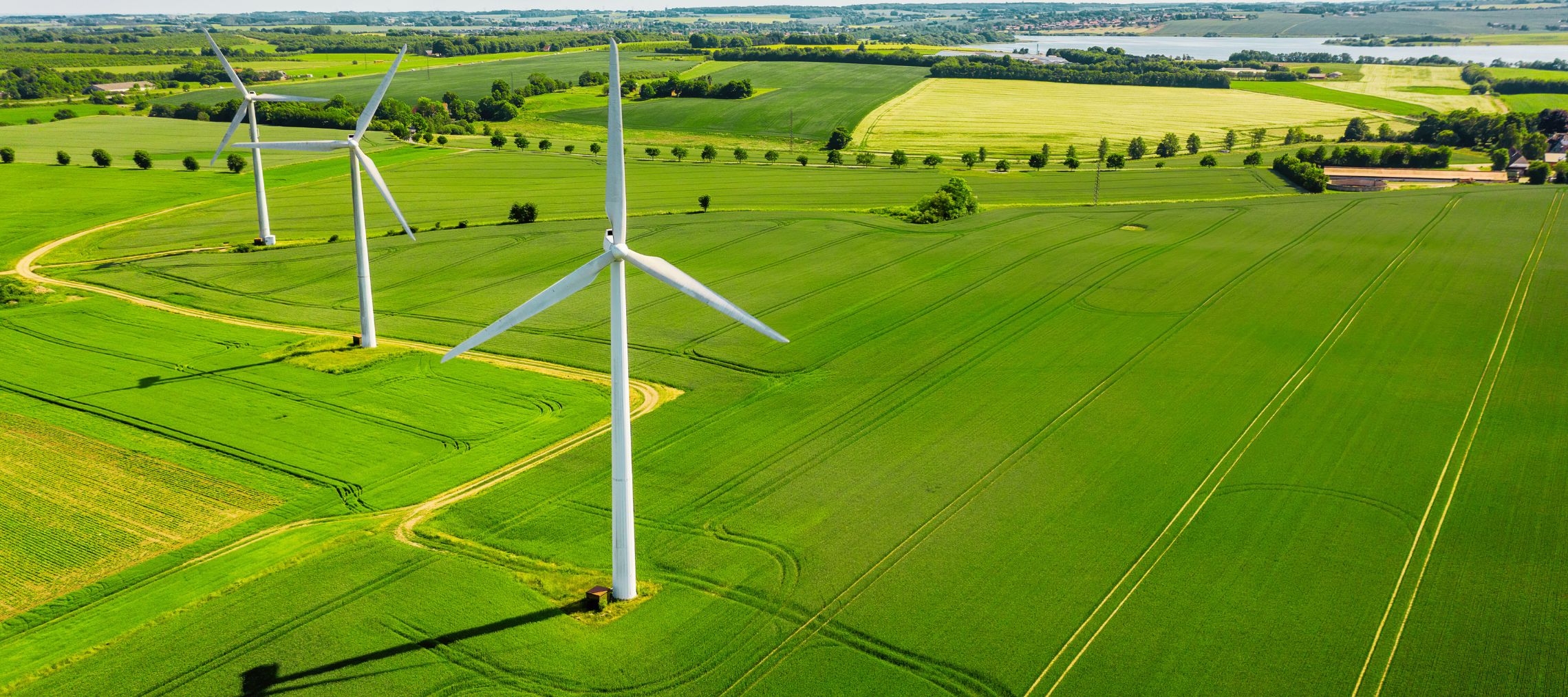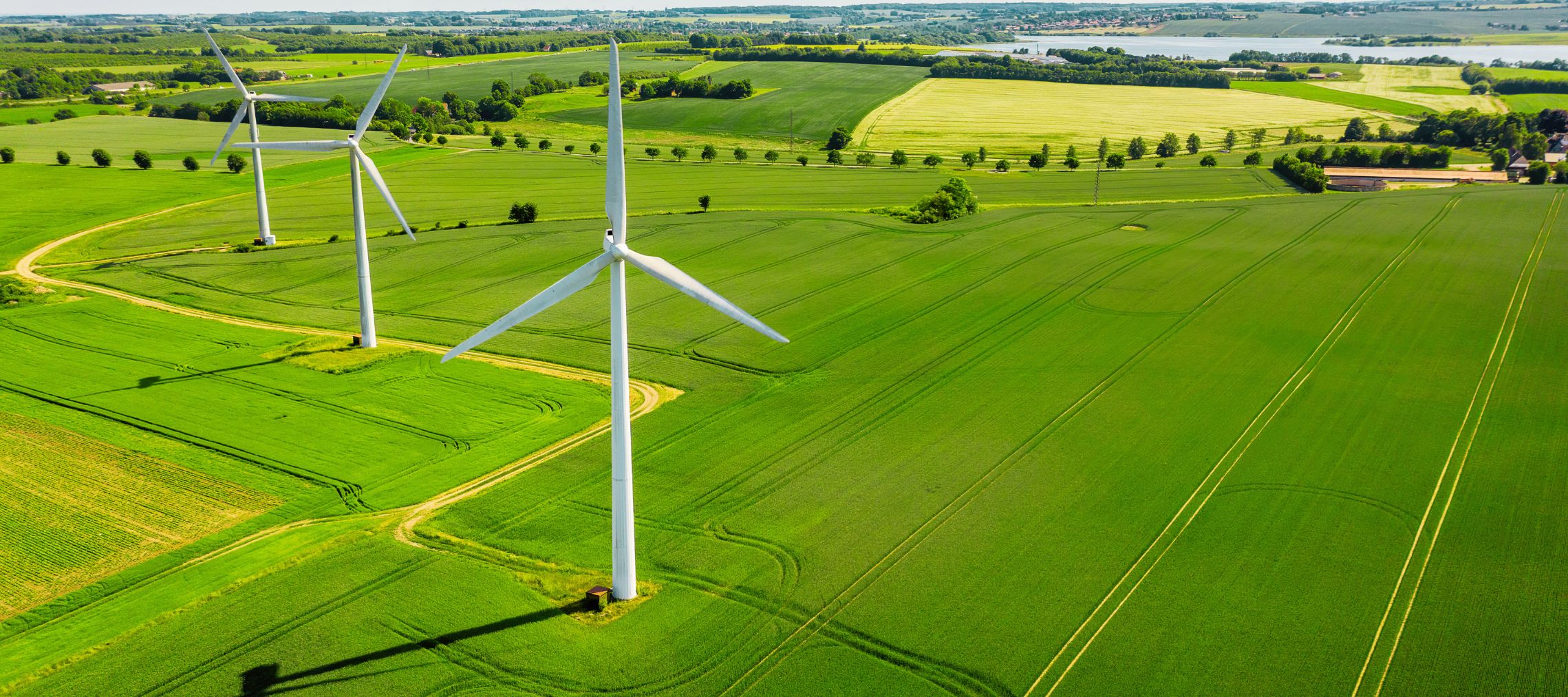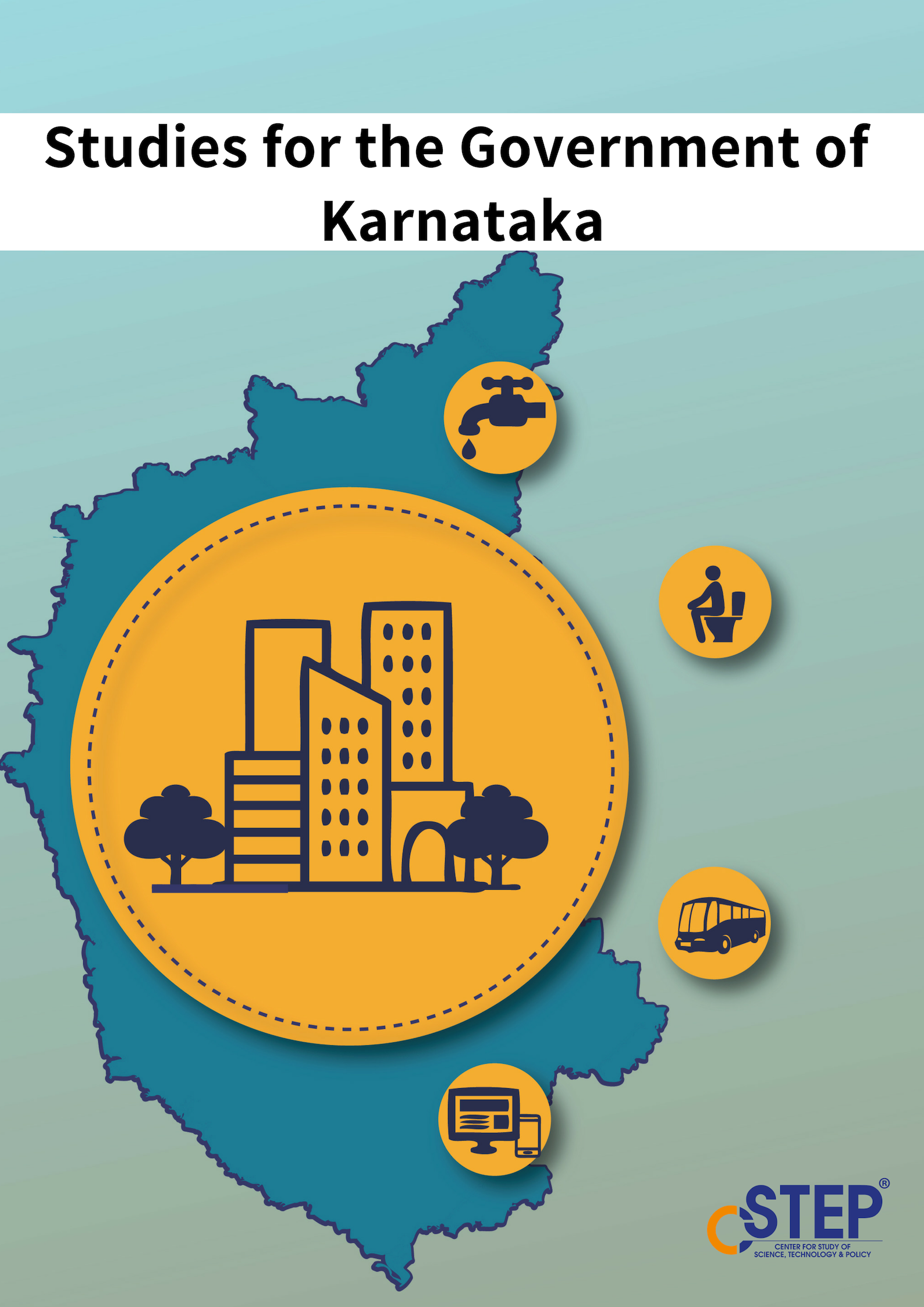India aims to meet its growing power demands through the expansion of its renewable energy capacity. This warrants a strong transmission infrastructure to integrate and evacuate renewable energy, as a transmission network acts as the backbone of power systems to transfer power from generation stations to load centres. As the country works towards this mission, a thorough transmission network analysis is needed to design a power evacuation scheme and assess technical feasibility. CSTEP supports transmission utilities to strengthen their transmission infrastructure and integrate a higher share of renewable energy to provide a reliable supply.




Energy-Efficient Irrigation Pumps
The study assessed the feasibility of replacing 5 lakh inefficient irrigation pumpsets (IPs) with energy-efficient IP sets across five Electricity Supply Companies (ESCOMs) in Karnataka. Pilot studies revealed that the efficiency of existing IP sets was less than 30%. The efficiency of current energy-efficient IP sets range from 35%-55%, providing huge potential for energy-savings on replacement. By replacing 5 lakh IP sets, GoK could save about INR 900 crore from subsidy outlays every year.
Estimation of Hourly Direct Normal Irradiance (DNI) for 22 Stations in India (Revised)
Concentrated Solar Power (CSP) plants require Direct Normal Solar Irradiance (DNI) data for both design and operation. The availability of DNI data, especially with closer time intervals, until 2010-12 was scarce. However, the India Meteorological Department (IMD) published a Typical Meteorological Year (TMY) data on Global Horizontal Irradiance (GHI) and Diffuse Horizontal Irradiance (DHI). The study developed a methodology to use these GHI and DHI data and arrive at DNI.
Solar Resource Assessment & Technology Roadmap Report : SEI-1
Solar Resource Assessment & Technology Roadmap Report: SEI-1
Addressing the challenges of RE Manufacturing in India: Horizon 2032
The Government of India, through its Jawaharlal Nehru National Solar Mission (JNNSM), Modified Special Incentive Package Scheme (MSIPS), National Manufacturing Policy (NMP) and Make in India, has announced several measures and incentives favouring renewable manufacturers. The National Wind Mission and the Renewable Energy Law also include a variety of measures that would benefit domestic manufacturers. This report comprehensively examines the manufacturing supply chain of different components used in Renewable Energy (RE) systems, especially wind and solar technology, in India.
Interactive Workshop - India Energy Outlook
Infiltration velocity and thickness of flowing slag film on porous regractory of slagging gasifiers
Two analytical formulations that describe the fluid interactions of slag with the porous refractory linings of gasification reactors have been derived. The first formulation considers the infiltration velocity of molten slag into the porous microstructure of the refractory material that possesses an inherent temperature gradient in the direction of infiltration. Capillary pressures are assumed to be the primary driving force for the infiltration.
Analytical derivation of explicit J-V model of a solar cell from physics based implicit model
This article appeared in a journal published by Elsevier.
Analytical derivation of equivalent functional form of explicit J–V model of an illuminated solar cell from physics based implicit model
Recently a simple explicit model was introduced to represent theJ–Vcharacteristics of an illuminated solar cell with parasitic resistances and bias dependent photocurrent asj=(1−vm)/(1+αv), here the normalized voltage,vand normalized current densityjcan be represented asv=V/V
An empirical model of power curve of a wind turbine
The power curve of a wind turbine grows exponentially as a function of wind-velocity if the measured wind-velocity varies between the cut-in velocity and the rated velocity. In this study, we propose an empirical, two-parameter explicit model of the power curve for a wind turbine. The model generalizes different turbine power curves and provides an easy estimate to compare various turbine characteristics.